Literature has a long history of bringing forward daring and radical perspectives, but it still took a long time for those perspectives to include feminism. Some of the earliest feminist authors such as Mary Shelley and Jane Austen didn’t enter the field until the 18th century. Then came many radical feminists in the 20th century, and today society publishes work by intersectional feminists.
From autobiographies to memoirs, dystopian fiction, and novels about the intersecting aspects of feminism and society, reading a book is a great way to learn and feel empowered. Check out these 10 best books by feminist authors to add to your reading list to gain perspective and spark discussion. This list spans feminist authors from classic authors to modern writers and is not bound to any genre other than containing feminist undertones and bringing light to societal commentary.
RelatedFemale Characters in Literature: The Good, The Bad & The Misrepresented
10. The Bloody Chamber by Angela Carter
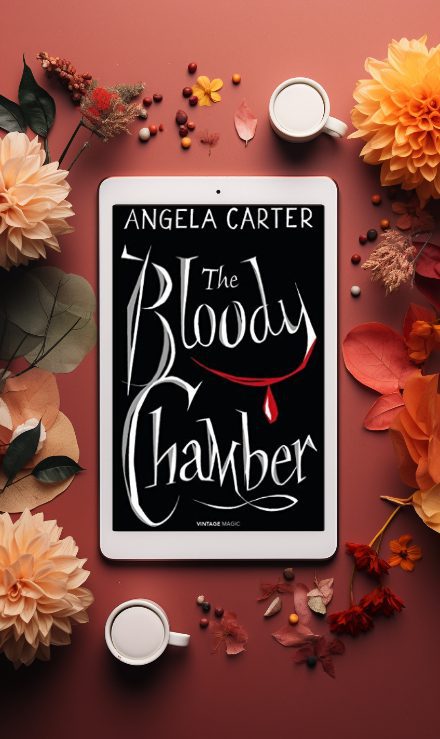
If you love gothic fiction or fantasy, The Bloody Chamber is a reimagining of the classic tale Bluebeard. In the original story, a recently married woman finds the bodies of her husband’s ex-wives, only to become the victim herself.
Carter takes this story and changes the narrative to examine the power dynamics between gender, sex, and marriage as well as provide powerful character development and plot twists that change up the ending of the original tale.
9. Bad Feminist By Roxane Gay
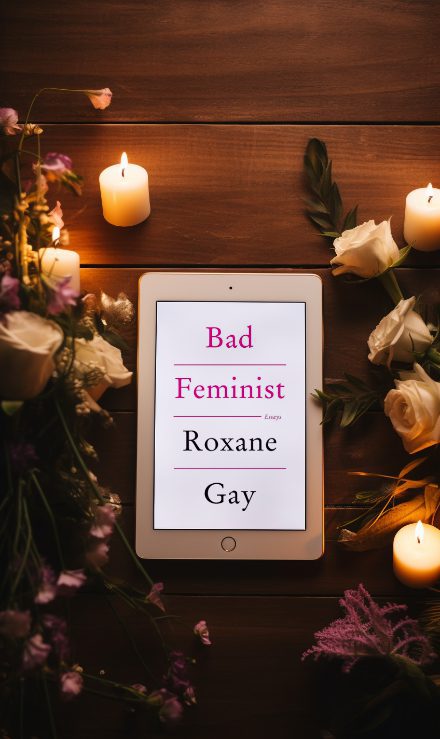
Roxanne Gay tells it like it is: today it feels impossible to be a good feminist. For example, you might enjoy hip-hop and rap music, but find the lyrics offensive. Or you might be completely aware of issues faced by women, but not by trans-women. These are just a few examples of how today people are trying, and constantly receiving backlash one way or another.
Gay refers to herself as a bad feminist; she isn’t perfect but pushes readers to ask the hard questions in order to find the meaning they are looking for. This modern take on today’s society is not only refreshing but extremely powerful.
8. Feminism Is For Everybody by Bell Hooks
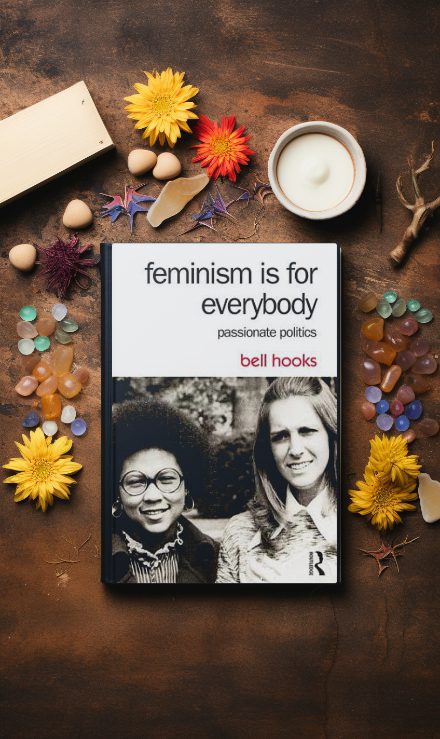
Bell Hooks is a feminist icon, and her book of essays on why everyone should be a feminist puts academic terms into layman’s speak, so anyone can understand it and better access its meaning.
The book also coins the term ‘passionate politics’ which outlines bringing humanity into the way that people think. hooks is famous for reimaging a world where society works together and stands together to be better, regardless of gender, sexuality, or race, arguing that inequality is a problem for everyone.
7. The Vegetarian by Han Kang
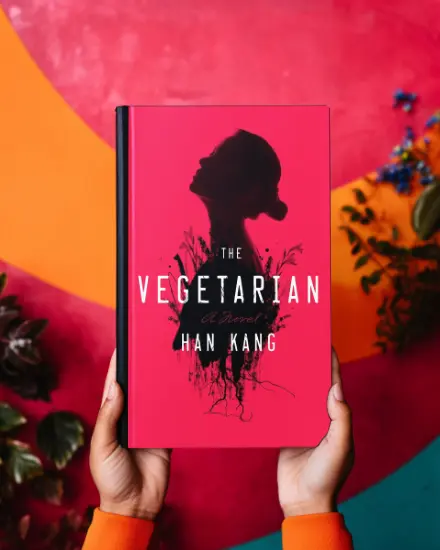
This 2007 novel, which was translated to English in 2015 explores the difficulty women face to break out of their stereotyped roles. Specifically, The Vegetarian follows a homemaker living a normal life in Seoul, South Korea, who decides to become a vegetarian.
In making this small decision for her lifestyle, the book explores how her family ostracizes her for her small claim to autonomy. As she is driven further from her community, and closer to herself, her vegetarianism sparks an unexpected revelation alongside the rejection by society.
6. In Search Of Our Mother Gardens by Alice Walker
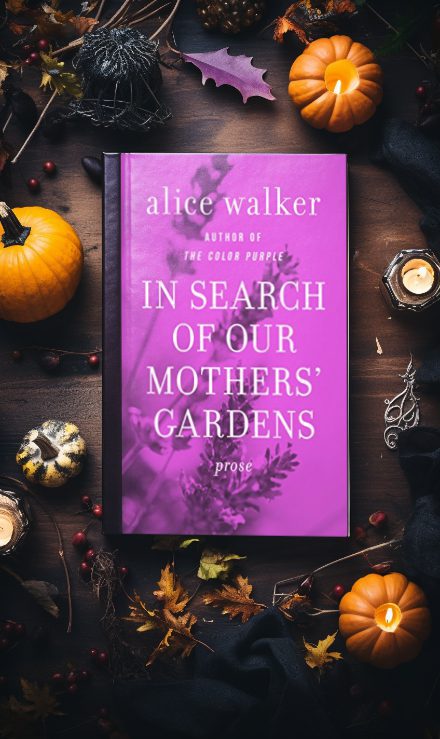
Author of The Color Purple Alice Walker has more than one iconically feminist work of literature. In Search of Our Mothers Garden is a collection of essays that reflect on more than 20 years of Walker’s career.
Walker was a writer, but also a political and social activist who lived through the U.S. civil rights moment, the Cold War, and talks about her experience as a Black woman, mother, and writer during those historical periods. This book is a look into the mind of an iconic feminist writer, with perspectives you won’t be able to stop pondering over.
Related5 Female Authors Who Used A Pen Name To Hide Their Identities
5. Parable Of The Sower by Octavia E. Butler
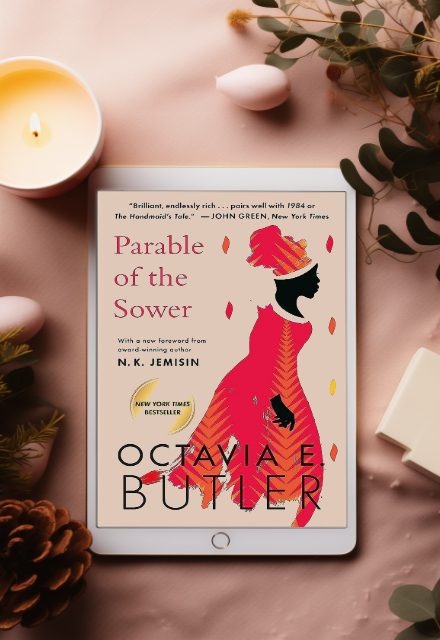
For fans of post-apocalyptic fiction and feminist literature, this book should go to the top of your list. Queen of both genres, Octavia E. Butler’s iconic novel was written in 1993 and the themes still hold strongly today, plus it is the first of her Earthseed duology.
A young woman living in a somewhat post-apocalyptic world due to climate change has the power to feel the pain of others, which you can imagine comes with burdens. Events lead to the seclusion, and she gains followers in a new religion called Earthseed.
4. I Know Why The Caged Bird Sings by Maya Angelou
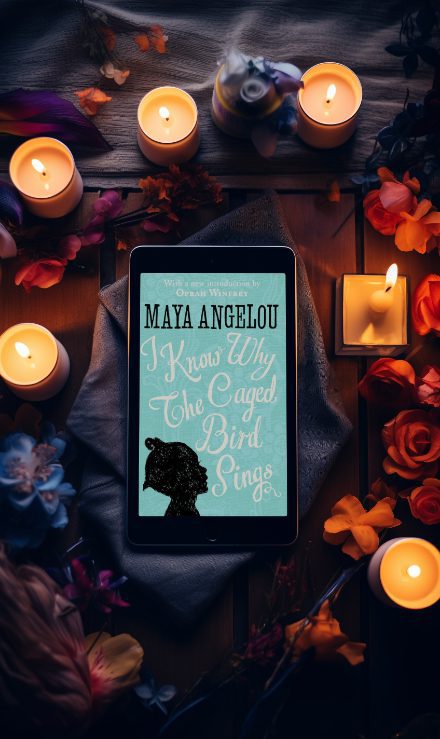
Maya Angelou is a force to be reckoned with in the world of feminist literature, and her autobiography encompasses all of that and more. The book begins by recalling her life growing up in Arkansas, becoming a mother at 16, and recalling the events in her life that forced her to bring race, gender, and society into discussion in her works.
Aside from being an incredible dive into intersectional feminism, this book changed the ways that autobiographies were written. No longer would they feel like textbooks with dates and bullet points, but a deeply personal account and story that almost reads like a fictional novel.
3. Know My Name by Chanel Miller
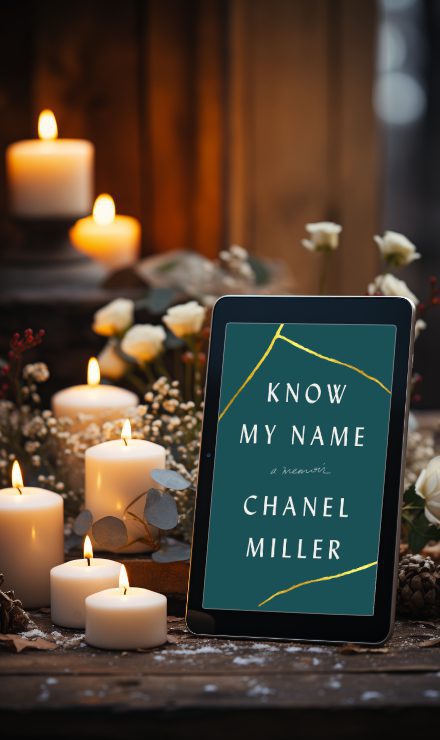
Most anyone can recall the horrific event that took place at Stanford in 2015 and the unjust criminal case (or lack thereof) that followed. Brock Turner, a star athlete at Stanford sexually assaulted a woman whose identity was kept out of the media for privacy reasons – she was referred to as Emily Doe.
Four years later in 2019, Chanel Miller came forward with her side of the story. Media coverage of the case was heavy, Turner’s name was everywhere and the world knew the graphic details about Emily Doe, but not who she really was until now. In her memoir, Miller presents her truth, who she is, and the road to recovery.
RelatedIn Pictures: 5 Great Graphic Novels From Female Authors
2. The Women Could Fly by Megan Giddings
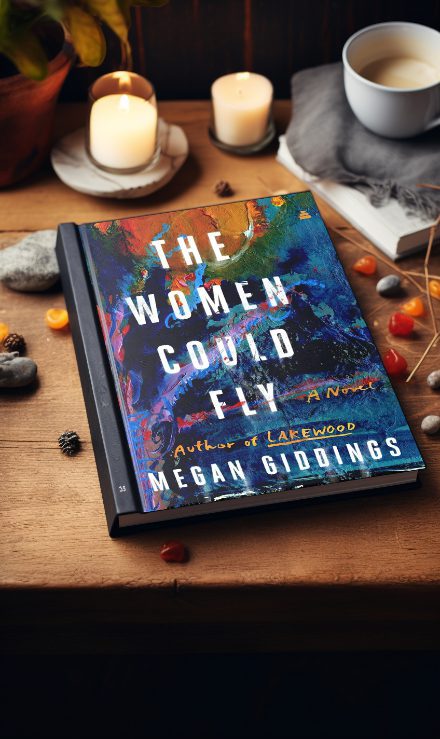
In a world where witches walk among us, the government is set up to fight off this feminine power. In this world, women are to be married by the age of 30 or closely monitored by the government which essentially signs away their bodily autonomy.
Our protagonist, a 28-year-old Black woman finds herself on the cusp of this difficult decision, all while questioning the real reason her mother disappeared 14 years ago. This book explores women’s position in society, and the obstacles still faced in a world without equity or equality.
1. The Power by Naomi Alderman
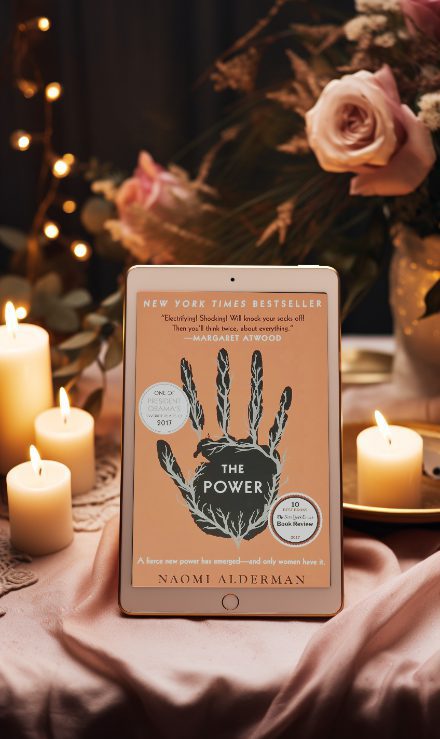
This gripping dystopian novel follows a worldwide phenomenon where women and girls discover they have a remarkable power. This power is described as electricity that runs through them, and they can transmit – most of the time leading to damage.
As women and girls around the world wake up to this newfound power that threatens the patriarchy, the world tries to piece it back together as the women challenge a new way of doing things. Each chapter is from the perspective of a new character, as their stories eventually piece together.
















